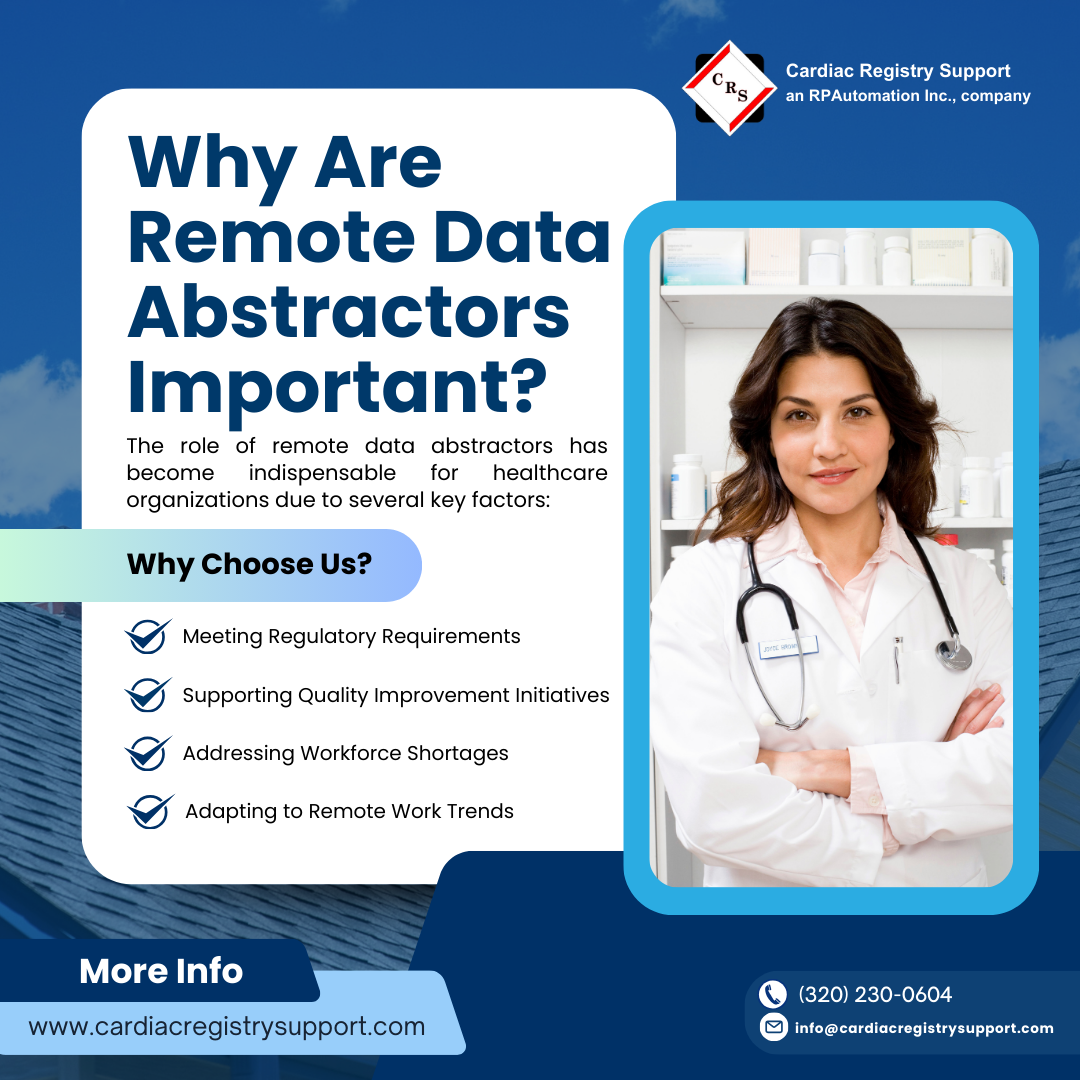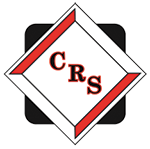As healthcare systems grow increasingly complex, the demand for accurate, timely, and comprehensive data collection has surged. Remote data abstractors have emerged as vital players in this evolving landscape, helping healthcare organizations streamline their processes, maintain compliance, and enhance patient care. With advancements in technology and the adoption of remote work models, employing remote data abstractors is no longer just a trend—it’s a necessity.
In this article, we’ll delve into the role of remote data abstractors, their benefits, and how they’re transforming healthcare data management.
Who Are Remote Data Abstractors?
Remote data abstractors are professionals trained to extract and interpret essential data from patient records and other medical documents. Operating from remote locations, they utilize secure systems to access electronic health records (EHRs), registries, and databases. Their primary responsibility is to ensure that the data they collect meets the requirements for reporting, analysis, and quality improvement initiatives.
Remote data abstractors are typically skilled in:
- Navigating EHR platforms.
- Understanding medical terminologies, ICD codes, and CPT codes.
- Adhering to specific guidelines for clinical registries and quality measures.
- Maintaining confidentiality and security of sensitive health information.
Why Are Remote Data Abstractors Important?
The role of remote data abstractors has become indispensable for healthcare organizations due to several key factors:
1. Meeting Regulatory Requirements
Healthcare providers must adhere to strict reporting requirements set by agencies such as the Centers for Medicare & Medicaid Services (CMS) or organizations managing clinical registries such as GWTG, NCDR, PC4, PAC3 and STS. Remote abstractors ensure that data is collected and submitted accurately, minimizing the risk of penalties.
2. Supporting Quality Improvement Initiatives
By analyzing the data extracted by remote abstractors, healthcare organizations can identify trends, address gaps in care, and implement evidence-based improvements to enhance patient outcomes.
3. Addressing Workforce Shortages
The shortage of skilled medical professionals in certain regions can hinder an organization’s ability to meet data abstraction needs. Remote abstractors fill this gap by providing expertise from anywhere, ensuring continuity and efficiency.
4. Adapting to Remote Work Trends
The shift toward remote work, accelerated by the COVID-19 pandemic, has highlighted the feasibility and advantages of employing remote professionals. Remote abstractors enable healthcare organizations to leverage a wider talent pool without geographic limitations.
Benefits of Employing Remote Data Abstractors
Remote data abstractors bring a host of benefits to healthcare organizations:
1. Cost Efficiency
Employing remote abstractors eliminates the need for office space and on-site resources, reducing overhead costs. Additionally, outsourcing to specialized services can often be more cost-effective than maintaining an in-house team.
2. Access to Expertise
Remote data abstractors are often highly specialized, with extensive training in specific areas such as cardiac registries, stroke databases, or core measures abstraction. This expertise ensures accurate and compliant data collection.
3. Scalability
As data abstraction needs fluctuate, remote abstractors offer the flexibility to scale services up or down. This is particularly useful during periods of high demand, such as during registry submission deadlines.
4. Increased Accuracy
Experienced abstractors are meticulous in their work, ensuring that the data collected is reliable and free of errors. This accuracy is critical for meaningful analysis and decision-making.
5. Focus on Patient Care
By outsourcing data abstraction tasks to remote professionals, healthcare staff can focus more on direct patient care, improving overall operational efficiency.
How Remote Data Abstractors Support Specific Healthcare Needs
1. Clinical Registries
Remote abstractors are integral to submitting data to registries such as the American College of Cardiology’s National Cardiovascular Data Registry (ACC NCDR), Get With The Guidelines® (GWTG) Stroke and Heart Failure programs, and the Society of Thoracic Surgeons (STS) database. They ensure compliance with submission requirements, enabling organizations to benchmark performance and improve outcomes.
2. Core Measures Abstraction
Abstractors help healthcare providers meet core measure requirements set by regulatory bodies. Accurate abstraction ensures compliance and contributes to higher quality scores.
3. Medical Record Abstraction
Remote abstractors extract data from EHRs for clinical trials, audits, and performance improvement projects. Their expertise ensures that the data collected is both accurate and comprehensive.
Challenges and Solutions in Employing Remote Data Abstractors
While the advantages of remote data abstractors are clear, there are challenges to consider:
1. Data Security and Privacy
Healthcare organizations must ensure that remote abstractors adhere to strict HIPAA guidelines and use secure systems to access sensitive patient data. Partnering with reputable providers who prioritize data security can mitigate this risk.
2. Communication and Collaboration
Remote work can sometimes lead to communication gaps. Establishing clear protocols and using collaboration tools can help maintain seamless workflows.
3. Training and Onboarding
Organizations need to provide thorough onboarding and training to ensure that remote abstractors understand their specific processes and requirements.
How to Choose the Right Remote Data Abstractor or Service
When selecting a remote data abstraction provider, consider the following:
- Experience
- Ensure the provider has expertise in your specific area of need, such as cardiac registries or clinical trials.
- Technology
- Look for providers who use secure, advanced technology for remote data access and communication.
- Customization
- Choose a provider that can tailor their services to your organization’s unique requirements.
- Reputation
- Check reviews, case studies, and client testimonials to assess the provider’s reliability and quality of service.
Final Thoughts
Remote data abstractors are revolutionizing the way healthcare organizations manage and utilize data. By providing expertise, flexibility, and cost-effective solutions, they enable providers to meet regulatory requirements, improve patient outcomes, and focus on what truly matters—delivering exceptional care.
If your organization is considering employing remote data abstractors, take the time to evaluate your needs and choose a provider that aligns with your goals. The future of healthcare data management lies in the hands of skilled professionals working seamlessly, regardless of location.


